Aspirin – low-dose, see Low-dose aspirin
-22%$120.00 – $820.00
- Reduces the risk of heart attacks and strokes
- May help prevent blood clots
- Can lower the risk of some types of cancer (research is still ongoing)
- Stomach pain or irritation
- Increased risk of bleeding (especially in the stomach)
- Bruising more easily
- Allergic reactions (rare but serious)
- Have a history of stomach ulcers or bleeding problems
- Have an allergy to aspirin
- Take certain medications (like blood thinners)
- Are at low risk for heart disease (it may do more harm than good)
- Take it once a day, usually with food or water to reduce stomach irritation.
- Do not stop suddenly without asking a doctor.
- Avoid drinking alcohol while taking aspirin, as it can increase the risk of stomach bleeding.
What is Low-Dose Aspirin?
Low-dose aspirin is a type of medicine that helps prevent blood clots. It is often taken to reduce the risk of heart attacks and strokes. The usual low dose is 75–100 mg per day, with 81 mg being the most common.
How Does It Work?
Aspirin is a blood thinner. It prevents platelets (small blood cells) from sticking together and forming clots. Blood clots can block blood flow to the heart or brain, leading to serious health problems like heart attacks and strokes.
Benefits of Low-Dose Aspirin
Possible Side Effects
Like all medicines, low-dose aspirin may have side effects. Common ones include:
Who Should NOT Take Low-Dose Aspirin?
You should avoid low-dose aspirin if you:
How to Take It
Conclusion
It is a simple and effective way to prevent heart attacks and strokes, but it is not for everyone. Always talk to a doctor before taking it to see if it is right for you.
| packing pills | 30 pills, 60 pills, 120 pills, 180 pills, 200 pills, 250 pills, 300 pills, 400 pills, 500 pills |
|---|

 Cart is empty
Cart is empty 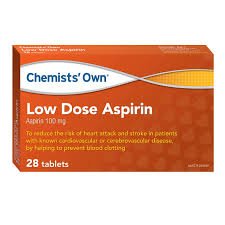
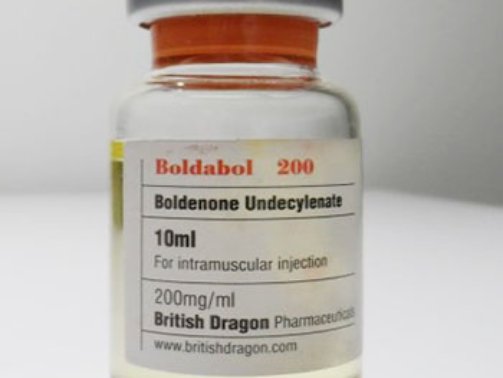


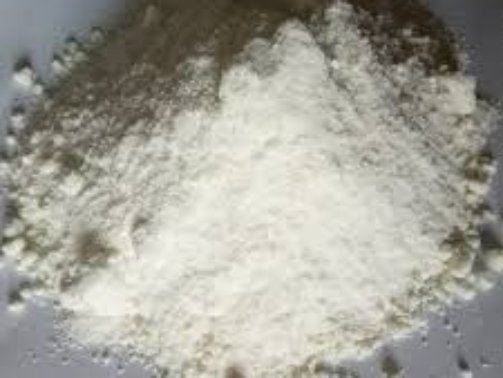


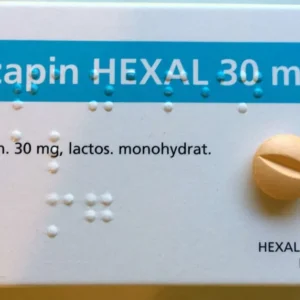
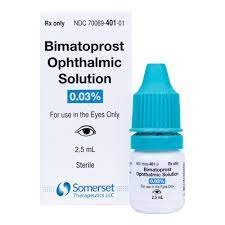
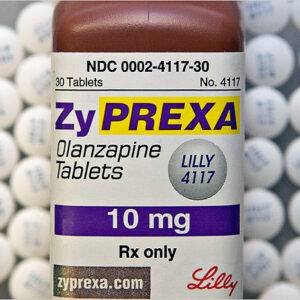
Reviews
There are no reviews yet.